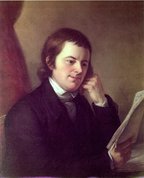 Gov. Thomas Johnson, Jr. (1732-1819) Gov. Thomas Johnson, Jr. (1732-1819) It’s the July 4th holiday once again—a time-honored tradition marked best by vacations, baseball games, cookouts, parades, concerts and firework displays. Patriotism is certainly “a many-splendored thing.” Mount Olivet Cemetery is no stranger to the concept of patriotism as it includes thousands of military veterans and legendary figures oozing with the “right stuff” such as Francis Scott Key, Barbara Fritchie and Thomas Johnson, Jr. The latter was a member of the famed Continental Congress, which met in 1776 to discuss means to gain independence from Great Britain. He voted for the Declaration of Independence, however “old TJ” isn’t as well-known (as he should be) because he didn’t have the opportunity to affix his proverbial “John Hancock” on the “Declaration” parchment signed by his colleagues in early July, 1776. Nevertheless, Johnson made the history record for his leadership both on, and off, the battlefield during the American Revolution. He served as Maryland’s first elected governor and is remembered as one of Maryland’s finest statesmen and business entrepreneurs. He was, and always will be, viewed as Frederick County’s top “patriot.” But, of course, I’m biased as an alumnus from the high school that bears his name. Just a few yards away from Gov. Thomas Johnson’s grave (located in Mount Olivet’s Area MM), is the final resting place of another great Maryland patriot. In addition to his tireless work during the “fight for independence,” this gentleman holds the distinction of being one of Frederick’s first reputable doctors. Interestingly, he may have been referred to as Dr. Phil by a few former patients living in Frederick Town during the rustic 18th century. Philip Thomas was born on the 11th day of June, 1747, two years after Frederick Town was laid out by Annapolis businessman/politician Daniel Dulany. The son of James Thomas and Elizabeth Bellicum, Philip’s birthplace was Kent County’s Chestertown on Maryland’s upper Eastern Shore. The lad became fascinated with medicine and apprenticed with a local physician. He would go on to study in Philadelphia from 1768-1769 under Dr. Thomas Van Dyke and attended professional lectures by the most knowledgeable men in the profession this side of the Atlantic. 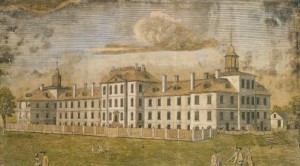 Pennsylvania Hospital Pennsylvania Hospital At this time, he attended Dr. William Smith’s lectures on Natural and Experimental Philosophy, and matriculated in the college that would one-day be known as the University of Pennsylvania, School of Medicine. This was the first, and only, medical school in the thirteen American colonies when, in the fall of 1765, students enrolled for "anatomical lectures" and a course on "the theory and practice of physik." By organizing a medical faculty separate and distinct from the collegiate faculty, Penn's trustees effectively created the first university in North America, though the corporate name continued as the College of Philadelphia until 1779. Philip Thomas spent time receiving valuable clinical practice by working at Pennsylvania Hospital, the oldest hospital in America (founded 1751) under professors Thomas Bond, William Shippen and John Morgan. Morgan, a young Philadelphia physician, was founder of the School of Medicine and like the school’s other early faculty, had earned his medical degree at the University of Edinburgh and supplemented Edinburgh's courses with further study in London, where advanced training was offered in anatomy by private schools owned by the field’s most successful practitioners. 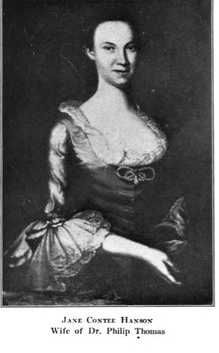 Apparently, Thomas could not afford to pursue a medical degree, but completed his apprenticeship and obtained letters of recommendation from noted teachers. He relocated to Frederick in the summer of 1769 and “commenced the practice of Physic and Surgery.” In 1773, he married the “high-bred” Jane Contee Hanson, daughter of lawyer John Hanson. Like Thomas Johnson, John Hanson would also serve as a delegate to the Continental Congress and would one day become "President of the United States in Congress Assembled," and became the first president (third overall) to serve a one-year term under the provisions of the Articles of Confederation. Dr. Thomas built a townhouse at 110 W. Patrick Street, next door to his in-laws. He also owned a manor farm located west of town near the foot of Catoctin Mountain in which he bred horses. Thomas gave this endeavor his own name, calling it “Mount Philip”—this of course gave rise to the name of the adjoining road that still bears this name. Dr. Philip Thomas quickly became one of the most respected citizens of town, and his reputation spread throughout Maryland. This was solidified on the eve of the Revolution in 1774 when he was appointed by his county as a representative to attend the General Conference at Annapolis and later was one of the committee “to carry into execution the association agreed upon by the Continental Congress.” 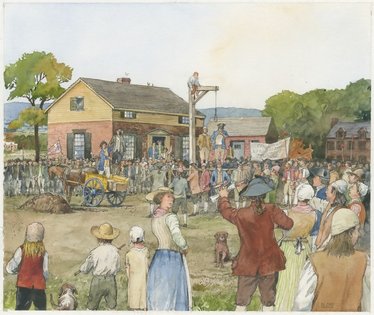 Public protest and a mock funeral for the 1765 Stamp Act in the vicinity of Frederick County's first courthouse Public protest and a mock funeral for the 1765 Stamp Act in the vicinity of Frederick County's first courthouse Frederick had already earned the reputation as a highly "patriotic" (and rambunctious) place in November of 1765, when twelve county justices repudiated the Crown's order to utilize stamped paper. Under the leadership of his father-in-law (John Hanson), Dr. Thomas became a member of Frederick’s Committee of Safety comprised of the Committee of Observation and the Committee of Correspondence. During the American Revolution, committees of this sort included area “sons of liberty” and other die-hard patriots. They became a shadow government on the local level, slowly taking control of the Thirteen Colonies away from royal officials, rendering them helpless. Noted historian T. H. Breen of Northwestern University wrote that these committees were the first step in the creation of "a formal structure capable not only of policing the revolution on the ground but also of solidifying ties with other communities. The network of committees were also vital for reinforcing a shared sense of purpose, speaking to an imagined collectivity—a country of the mind of Americans.” Like the moniker states, these committees required oversight of local activities and allegiances, and precipitated correspondence and communication between towns and colonies. It was Homeland Security, long before the Homeland Security Department. Frederick Town’s committee was chaired by John Hanson and met regularly in the county courthouse structure that once stood on the site of present Frederick City Hall on W. Church Street. T.H. Breen went on to explain these early bodies: “For ordinary people, they were community forums where personal loyalties were revealed, tested, and occasionally punished. ... Serving on committees of safety ... was certainly not an activity for the faint of heart. The members of these groups exposed ideological dissenters, usually people well-known in the communities in which they lived. Although the committees attempted as best they could to avoid physical violence, they administered revolutionary justice as they alone defined it. They worked out their own investigative procedures, interrogated people suspected of undermining the American cause, and meted out punishments they deemed appropriate to the crimes. By mid-1775 the committees increasingly busied themselves with identifying, denouncing, and shunning political offenders. By demanding that enemies receive "civil excommunication" – the chilling words of a North Carolina committee – these groups silenced critics without sparking the kind of bloodbath that has characterized so many other insurgencies throughout the world.” At 28 years of age, the young physician sat as a member of the General Congress held at Annapolis on June 20th, 1774. Dr. Thomas is said to have rendered distinguished service until the close of the war, but not just as a statesman. He joined the local militia at the outset of war, but his leadership and master equestrian skills would be better utilized later. On February 3rd, 1781, he was commissioned as captain of the Frederick Light Dragoons, in which Francis Scott Key’s father, John Ross Key, was lieutenant. Thomas would be promoted to the position of lieutenant-colonel of Frederick County, which translated to the same position within the Continental Army. The entire Frederick County militia would come under his command and was subject to his call to action in the field at all times. Thomas also helped with the collection of revenue to purchase and acquire arms, ammunition and supplies as a member of a sub-committee authorized by the Provincial Convention. He had recruited a regiment of men to aid General Washington at Yorktown, and “forwarded to the jaded and hungry army 500 head of cattle and immense quantities of flour and provisions.” 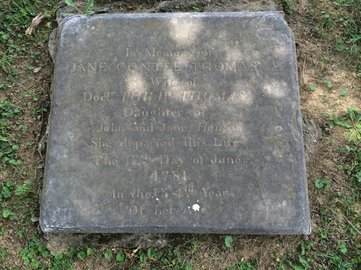 Grave of Jane Contee (Hanson) Thomas in Mount Olivet (Area MM/Lot 19) Grave of Jane Contee (Hanson) Thomas in Mount Olivet (Area MM/Lot 19) At war’s end, Thomas would again lend his support to George Washington—this time as a presidential elector who proudly cast his vote for the Continental Army’s top commander to become the first President of the United States. With the birth of a new nation, Thomas could now turn his attention toward his medical craft, and more importantly, his own family. Wife Jane had died in June, 1781 at the age of 34, leaving the doctor with three young children to raise: Catherine Hanson Thomas (Alexander) (1775-1826), Rebecca Bellicum Thomas (Magruder) (1777-1814) and John Hanson Thomas (1779-1815) who followed in his father’s footsteps in public service to not only Frederick County and Maryland, but the country as he was elected as a United States Senator in 1815. In the late 1790’s, Dr. Phillip became active in a statewide organization of physicians. The group formed the Medical and Chirurgical Faculty, the first organization of its kind in Maryland, in January, 1799. This occurred at a meeting in Annapolis attended by 101 leaders of the medical profession. The physicians who started the organization represented most of Maryland's counties. The Maryland General Assembly approved a petition for a charter for an incorporated society of physicians in Maryland to be known as "The Medical and Chirurgical Faculty of the State of Maryland". ("Chirurgical" was the common spelling of surgical at the time of the 18th Century.) The society became the seventh of its kind established in the country. One of the founders was a prominent young physician of Baltimore named Dr. Ashton Alexander. Alexander served as the Faculty’s first secretary, treasurer, and last surviving charter member. Dr. Philip Thomas would become Alexander’s father-in law in December, 1799, when the young physician married his oldest daughter Catherine. Dr. Thomas would become the Faculty’s second president after inaugural president Dr. Upton Scott stepped down in 1801. He would hold this post for the next 14 years. The Medical College of Maryland was established in 1807, and because Thomas was president of the Faculty, he became chancellor of the school. In 1808, Thomas was elected as a Maryland State delegate. 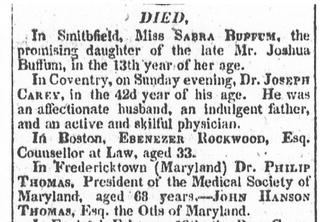 Death announcements of Dr. Philip Thomas and John Hanson Thomas in the Rhode Island American (Providence, RI) May 12, 1815 Death announcements of Dr. Philip Thomas and John Hanson Thomas in the Rhode Island American (Providence, RI) May 12, 1815 In spring 1815, Dr. Philip Thomas found his town hit by a terrible disease epidemic. Typhus was causing several deaths of Frederick residents, usually passed by lice and other microscopic mites. Sadly, he contracted the disease himself. His 34-year-old son, John Hanson Thomas, newly elected to the US Senate, stood affectionately by his side until he drew his last breath on April 25th, 1815. Unfortunately, John Hanson Thomas would become a victim as well, said to have received it through his deep care of his dying father. John Hanson Thomas would die only six days later on May 2nd, 1815, cutting short a brilliant career that would have eclipsed that of his father. Both men were buried in Frederick’s old All Saints Church burying ground adjacent Carroll Creek. Their bodies would be re-interred in Mount Olivet in 1901 within Lot 19 of Area MM. 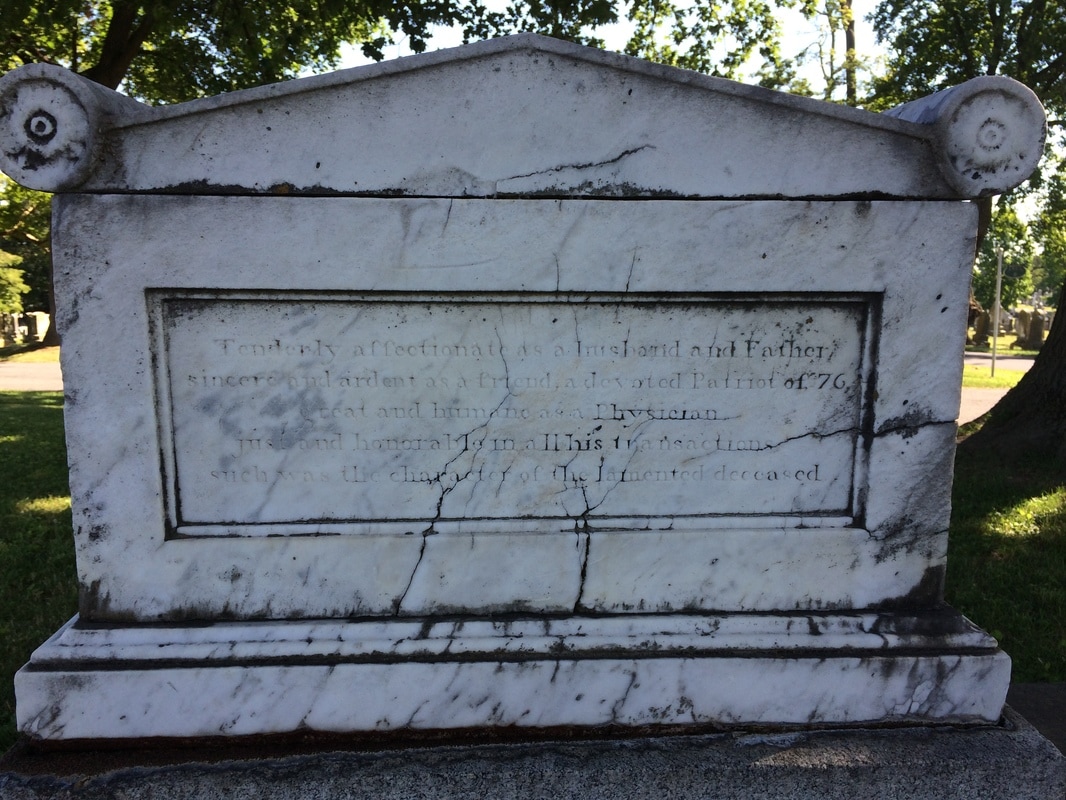 Inscription reads: Tenderly affectionate as a Husband and Father, sincere and ardent as a friend, a devoted patriot of '76. Great and humane as a physician, just and honorable in all his transactions — such was the character of the lamented deceased Inscription reads: Tenderly affectionate as a Husband and Father, sincere and ardent as a friend, a devoted patriot of '76. Great and humane as a physician, just and honorable in all his transactions — such was the character of the lamented deceased Dr. Philip Thomas’ obituary from the Frederick-Town Herald (April 3, 1815) Departed this life on Tuesday last, in the 67th year of his age, Doctor Philip Thomas. The various worthy and distinguished merits of this venerable and revered character, it cannot be expected, will be portrayed in an obituary notice. He was a native of Kent County, but removed to this place very early in life. Ardently attached to liberty and his country, he took a decided and active part in our revolutionary struggle, and was often elected by his fellow-citizens to represent them in the public councils. He was appointed by the great and good Washington to an office under the general government, which he held for a number of years, and shortly after the establishment of the Medical Society of Maryland, he was chosen its President, in which situation he continued until his death. These several trusts he discharged with the most strict fidelity and integrity. As a physician, no man was more highly and deservedly esteemed for his skill. No man was ever more beloved for his affectionate tenderness and unwearied attention to the sick. As a member of society, those who have been most intimately acquainted with his principles and motives of action, can attest their purity and correctness. As a man, and in all the relative duties of life, he was a bright model of excellence, a kind neighbor, a warm steadfast and immovable friend, an indulgent master, a most affectionate parent, and in all his dealings sternly and undeviatingly just. In him the poor had always a friend, the oppressed found a protector, and friendless merit, a patron and defender. As a Christian, his conviction of the truth was the result of careful and candid examination, and was deep and riveted. Fully persuaded that man was fallen, his nature corrupt, and that but for the salvation purchased for us by the merits and sufferings of a crucified redeemer, and the divine aid graciously afforded to the believing penitent in working out his salvation, his doom must have been eternal misery. His faith in all the distinguishing doctrines of the gospel was lively and sincere ; his hopes were founded on its promises, and his entire trust for salvation and happiness was in the mercy of God through the merits of Christ Jesus. He was, as his ancestors for ages had been, and as he has often been heard to express his hopes, that his posterity might remain to be members of the Protestant Episcopal Church, warmly attached to its doctrines, its government, its pure and evangelical services. He deeply lamented the many difficulties and disadvantages with which the religious denomination of which he was a member, had to struggle in this nation generally, and more especially in the place of his residence ; and after witnessing with joy, and it is fondly hoped with gratitude to the Author of all good, the success of many efforts for its revival, it was the happiness of his declining years to have contributed in no small degree, to- wards the erection and completion of a convenient and elegant building in which its worship maybe performed, and the ordinance of our holy religion administered. But although he gave a decided preference to his own church, and anxiously wished others to agree with him, yet he never presumed to dictate to any, but desired to live, and did live in peace and charity with all denominations of Christians. While he was very young he was deprived of his father, and to the more than parental care of a kind and affection- ate brother, he was indebted for his education and the means of his future usefulness. In the pursuit of his studies, and in qualifying himself for the exercise of his profession, he was obliged to exhaust the small patrimony which he received. Without friends, and in very delicate health, he left his native county, and with it the few valuable friends which remained to him, to settle among strangers. Of the kindness with which he was received and treated by many of them, it was his delight always to speak. His professional merit soon procured him an extensive practice, and although his constitution frequently appeared to be entirely broken, and his friends often feared that they would soon be deprived of him, yet, by a life of most rigid temperance and self-denial and care, he was enabled to persevere in the practice of his profession, and at the advanced age of sixty-six, was in the enjoyment of better health, than in early life. It has now pleased Almighty God to take him from us — to remove him from this world of affliction and trouble — to rest from his labors. But few around him have had more of the blessings and comforts of this life ; but few have partaken in a greater degree of its bitterest sufferings ; but few have been more greatful for the blessings which a gracious providence has been pleased to confer, or have submitted with a more pious and humble resignation to the severest chastisements. It will be the comfort and delight of his afflicted friends to remember, and it will be their duty to imitate his shining virtues. The separation, though painful, is but for a time. "In a moment, in the twinkling of an eye," those who followed the remains of the deceased, may, like him, be a lifeless corpse. And the voice of the preacher was a warning from Heaven, even to the most young and healthful, and sounded in their ears the awful words, " Be ye also ready." The remains of the deceased were, on Thursday evening, conveyed from his late dwelling to the new Episcopal Church, where the services of the Church were performed, and a very eloquent and most appropriate discourse was delivered by the Rev. Mr. Wyatt, of Baltimore. Afterwards the corpse was carried to the burying-ground, belonging to the congregation, attended by an unusually large concourse of friends and citizens.
1 Comment
5/30/2018 08:10:43 pm
Dr Phillip Thomas son John Hanson Thomas son died at the age of 36 year of age. Did he had children .And by whom .
Reply
Leave a Reply. |
STORIES
|
Archives
July 2024
June 2024
May 2024
April 2024
March 2024
February 2024
January 2024
December 2023
November 2023
September 2023
August 2023
July 2023
June 2023
May 2023
April 2023
March 2023
February 2023
January 2023
December 2022
November 2022
October 2022
September 2022
August 2022
July 2022
June 2022
May 2022
April 2022
March 2022
February 2022
January 2022
December 2021
November 2021
October 2021
September 2021
August 2021
July 2021
June 2021
May 2021
April 2021
March 2021
February 2021
January 2021
December 2020
November 2020
October 2020
September 2020
August 2020
July 2020
June 2020
May 2020
April 2020
March 2020
February 2020
January 2020
December 2019
November 2019
October 2019
September 2019
August 2019
July 2019
June 2019
May 2019
April 2019
March 2019
February 2019
January 2019
December 2018
November 2018
October 2018
September 2018
August 2018
July 2018
June 2018
May 2018
April 2018
March 2018
February 2018
January 2018
December 2017
November 2017
October 2017
September 2017
August 2017
July 2017
June 2017
May 2017
April 2017
March 2017
February 2017
January 2017
December 2016
November 2016
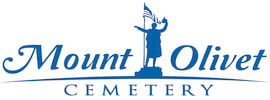

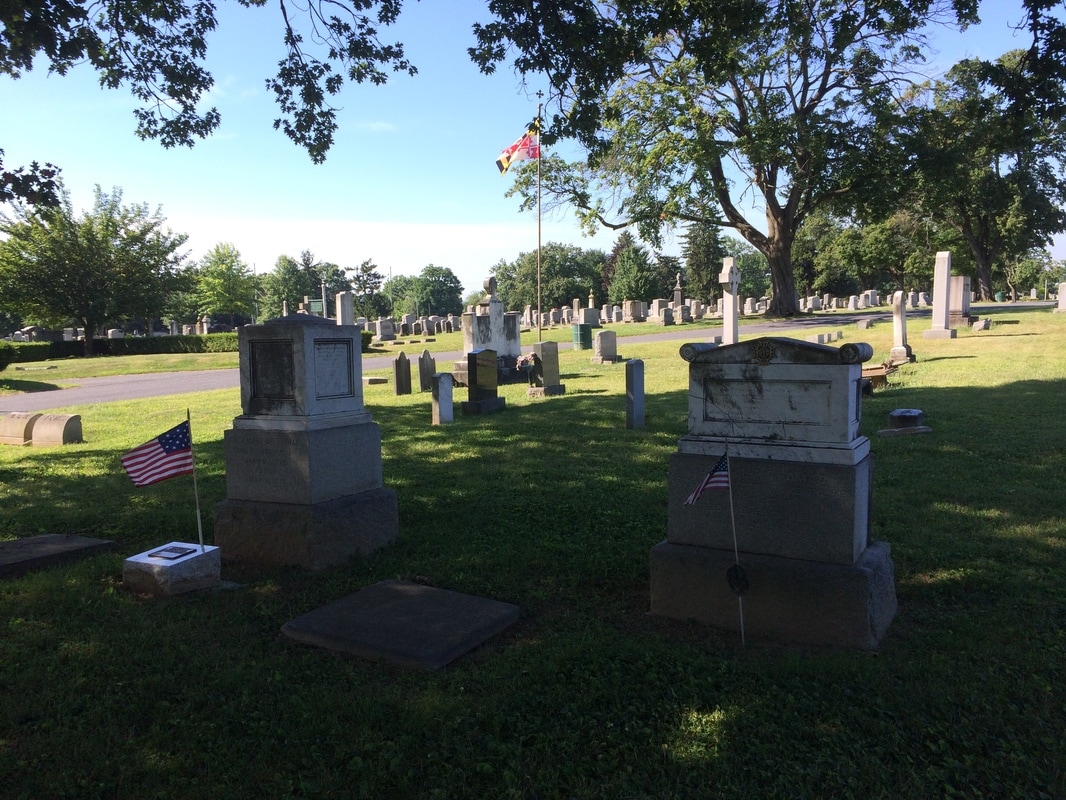
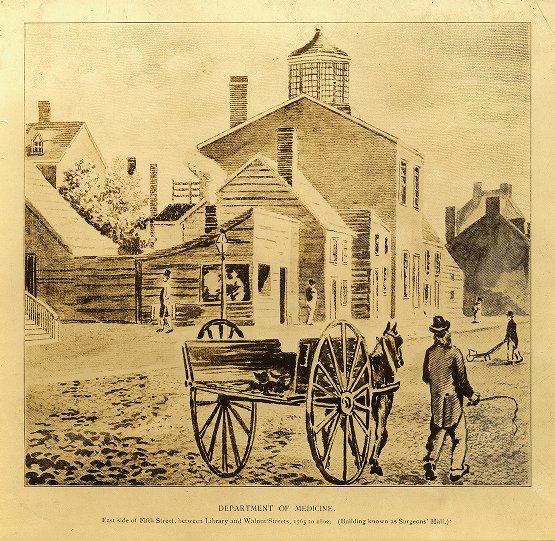
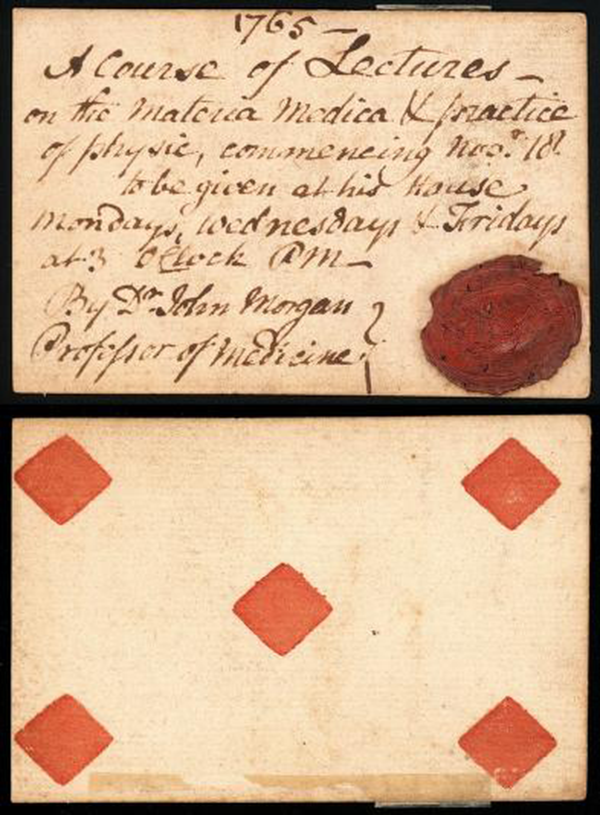
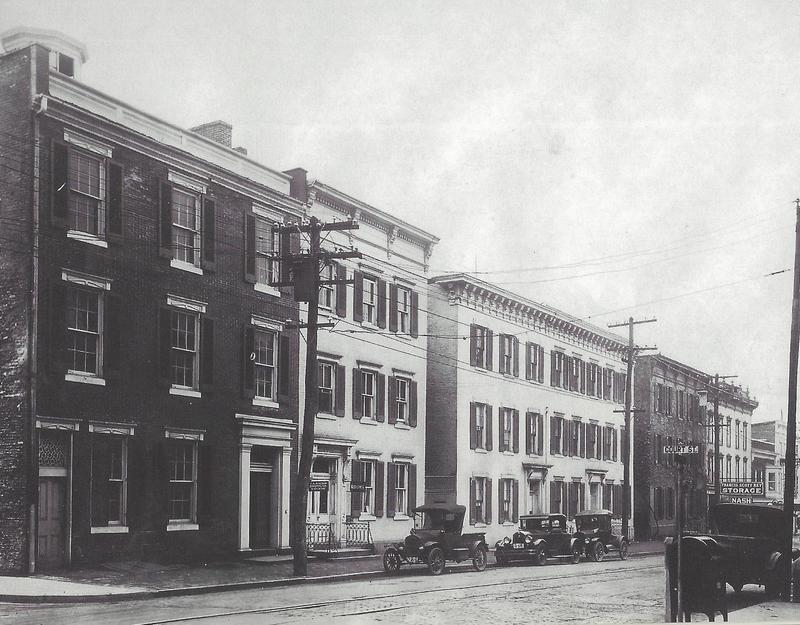
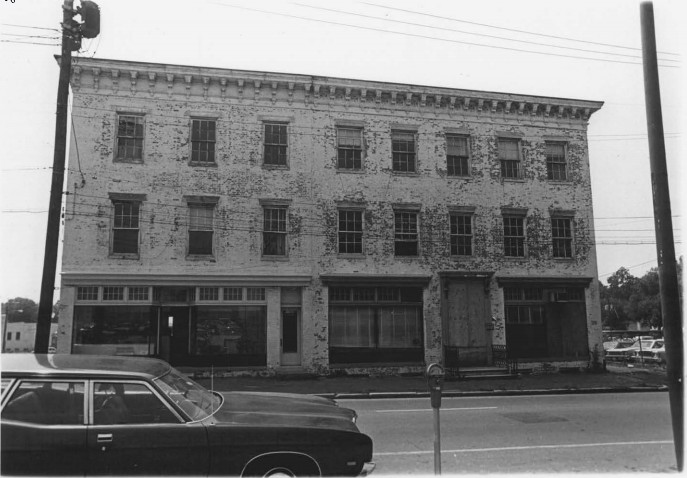
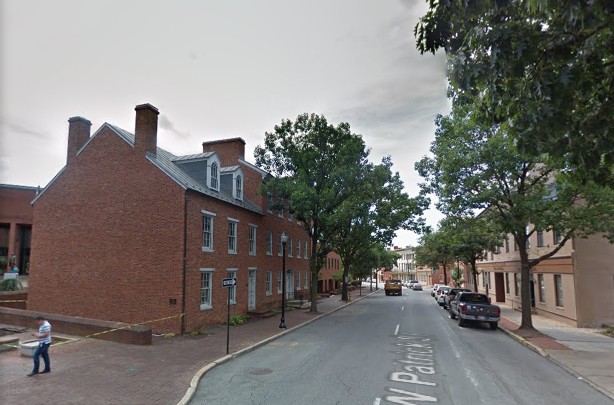
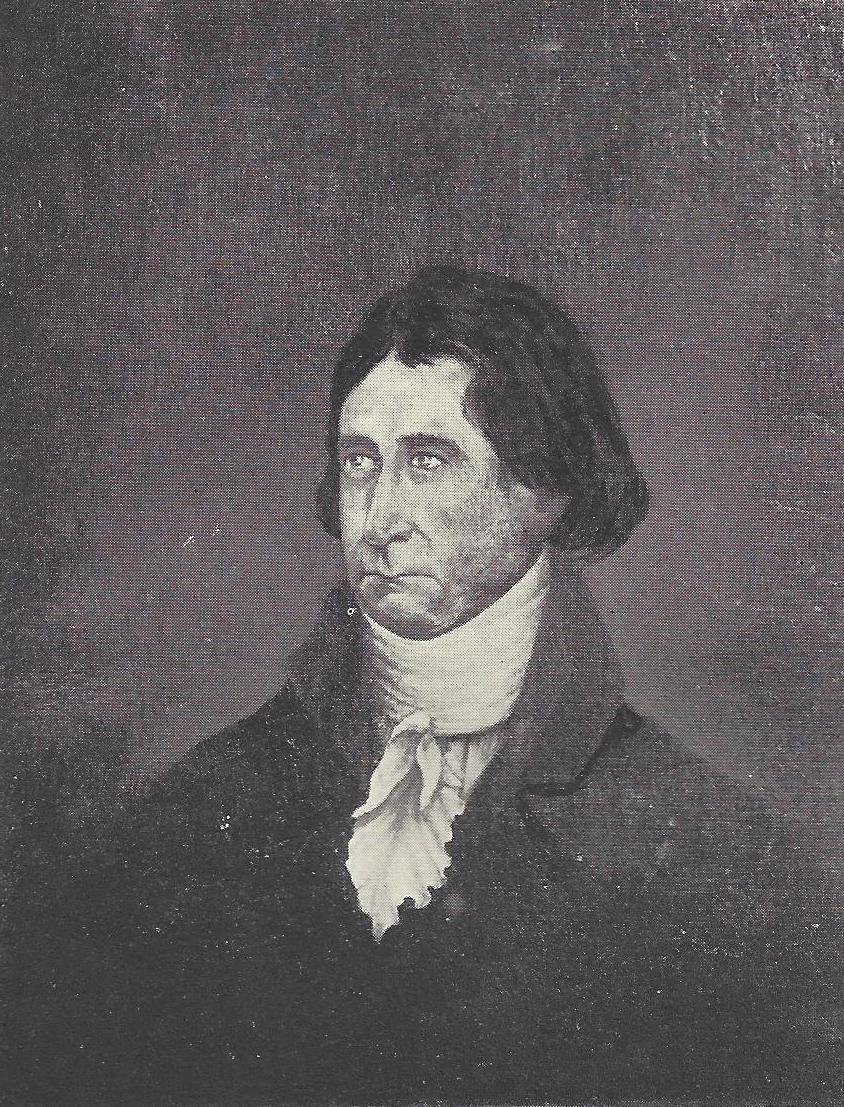
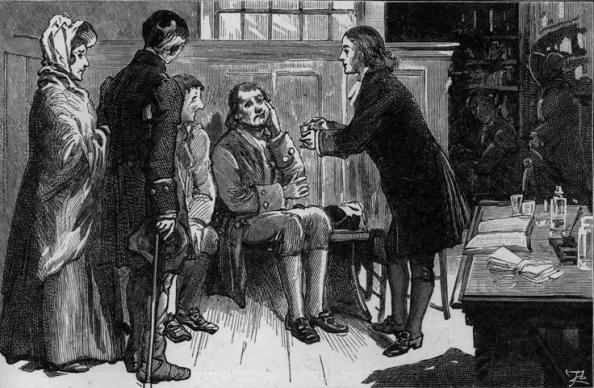
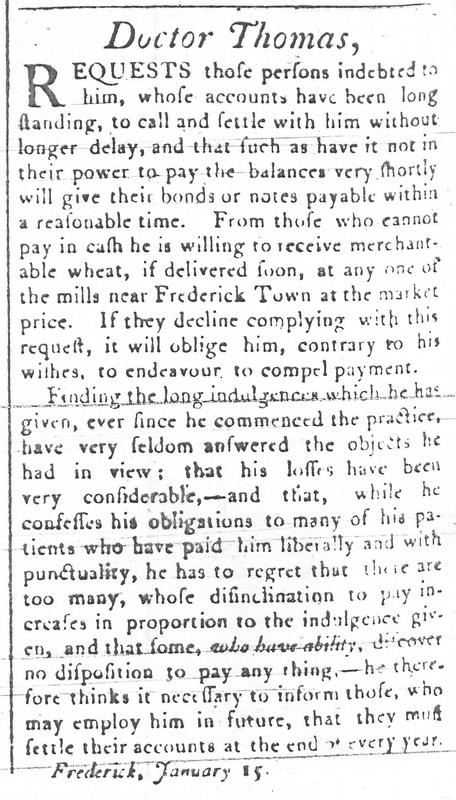
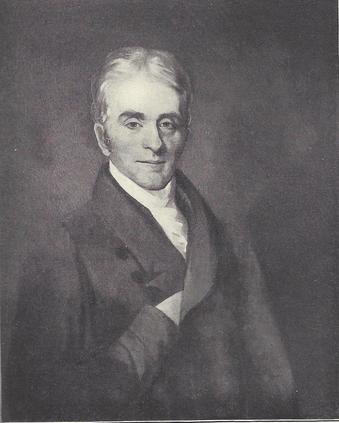
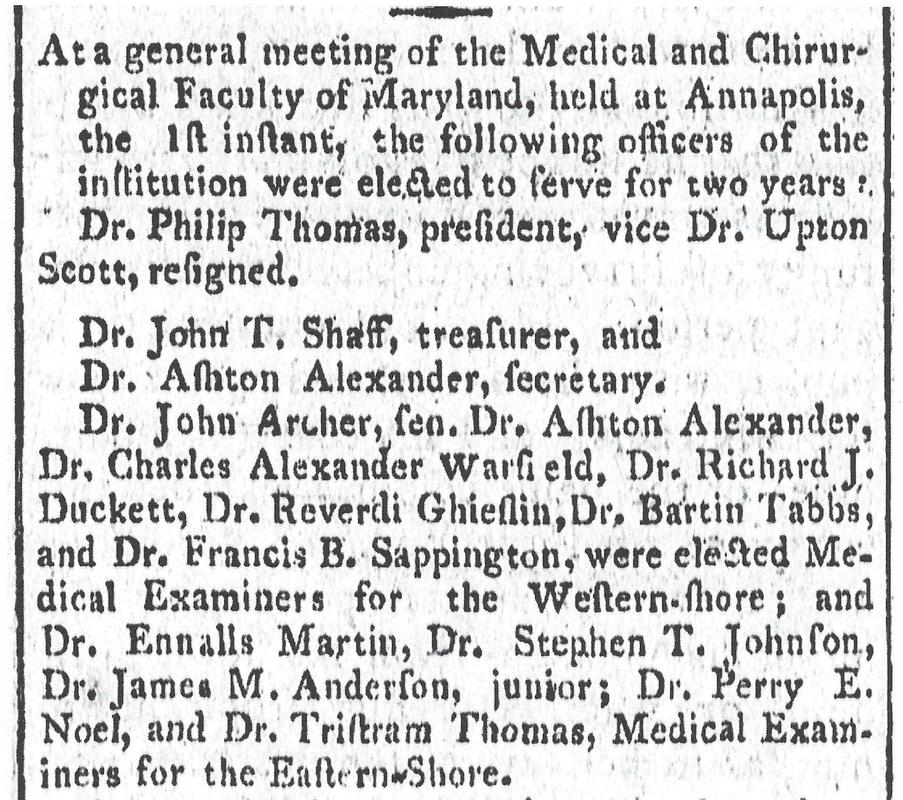
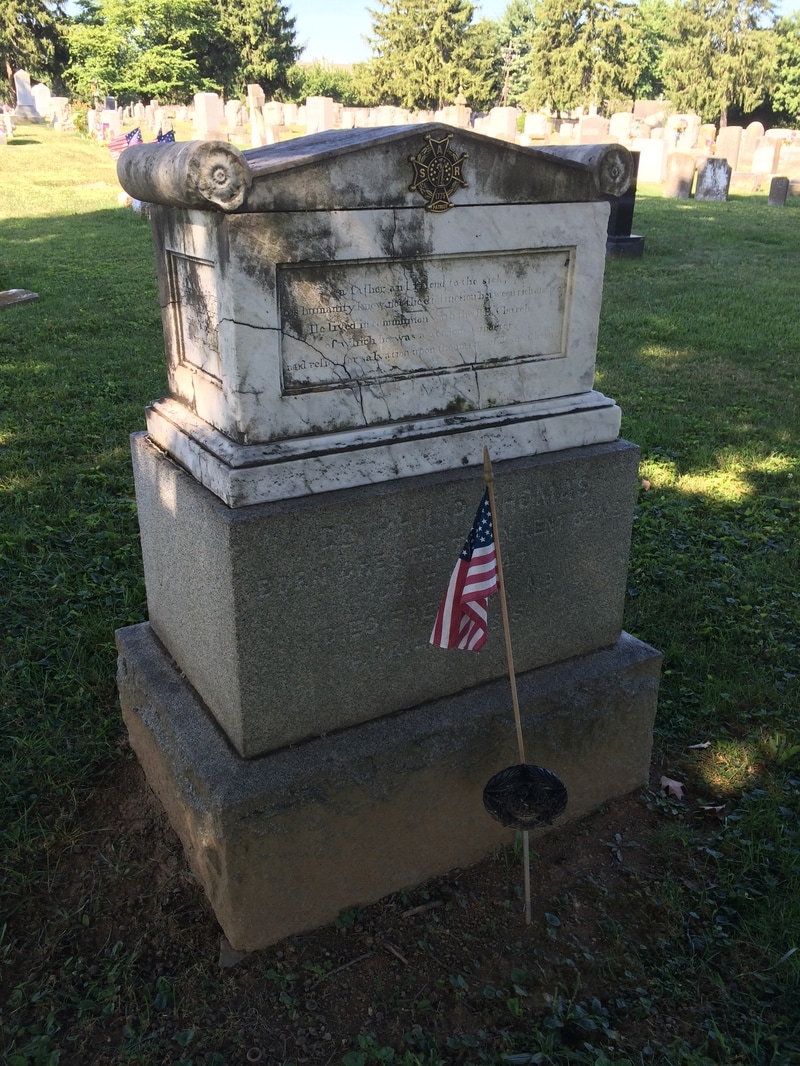
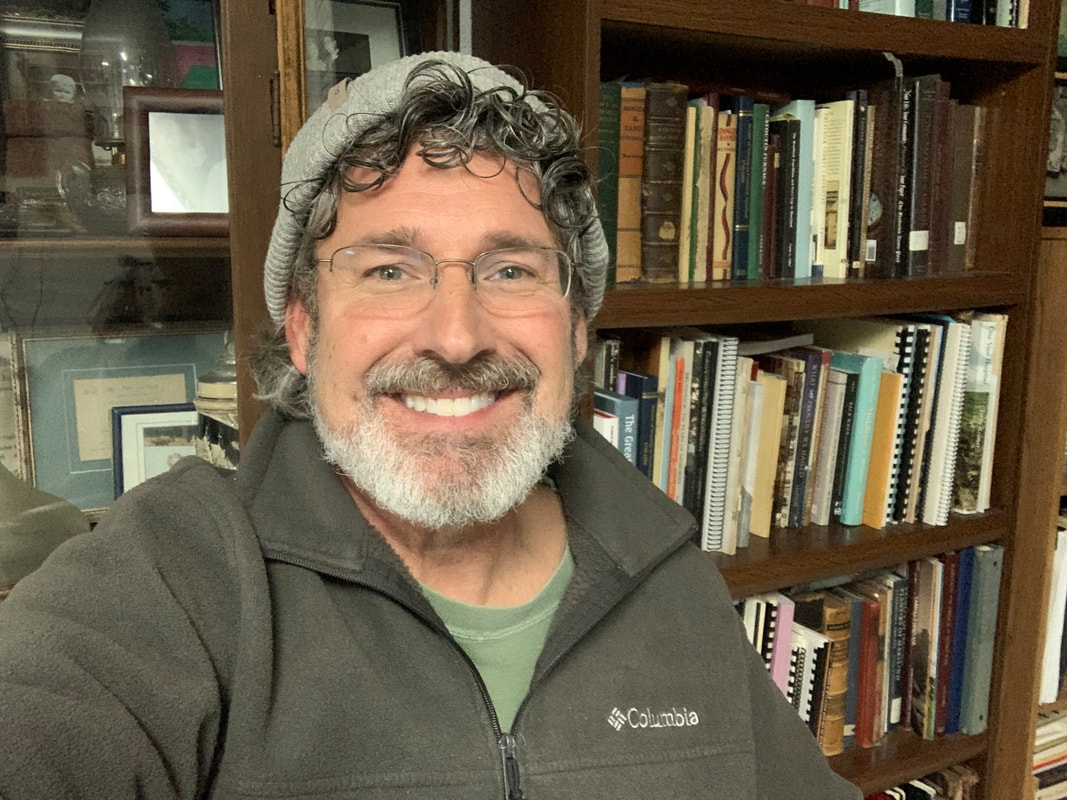
 RSS Feed
RSS Feed